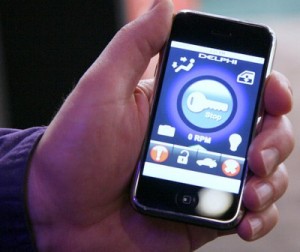Sustainability isn’t that hard, is it?
I have just read a blog my classmate, Chloe Kim, wrote on sustainability and Starbucks, and it has really made me think: why can’t all companies be like this? Is it that expensive to do?
In my past experience, first working at Best Buy and then as a Program Leader for the City, it has been slightly shocking in regards to the view on sustainability. That doesn’t mean they are not concerned about it, I just think improvements could be made that cheaply help our world.
The best example has to be working as a Program Leader. Each day I go through tons of paper, and lets be honest, 5 year olds are not the greatest at conserving space. Yet the City hardly provides any recycling bins in the facilities, so I have to waste so much paper to the trash. Would it not be easier, and look much better, if they just spent the money to create a more eco-friendly environment?
I will be honest, I am not an environmentalist at all. I keep the water running when I brush my teeth, I keep lights on, I don’t recycle even close to how much I need to, so you know that the situation must be bad if I myself notice it. Come on companies, come on cities, put your back into it, and follow the example of sustainability-minded competitors. They might be onto something.
Images from Google




